Overview of Program
Overview: The fellowship program in Allergy and Immunology at Boston University Medical Center (BUMC) was founded in 1995 to train future Allergy and Immunology academicians. The training program is integrated into the teaching and research environment of the Section of Pulmonary, Allergy, Sleep and Critical Care Medicine at BU Chobanian & Avedisian School of Medicine to take advantage of its well-established research programs in immunology, outcomes research, and asthma epidemiology, as well as the outstanding opportunities for clinical training afforded by Boston Medical Center (BMC), formed 25 years ago as a merger of Boston City Hospital and BUMC. It is a highly successful single-site hybrid entity combining a tertiary university-based medical center with an urban medical center that delivers care to the underserved populations of the Greater Boston area. Fellows spend time in various outpatient adult and pediatric venues, as well as the inpatient adult and pediatric inpatient consultation services. Because of important clinical and research overlaps between Pulmonary Medicine and Allergy and Immunology, we feel that the close association of these programs will lead to synergistic approaches to research and to disease management. In fact, several of our trainees have completed training in Pulmonary and Critical Care Medicine prior to their training in Allergy and Immunology.
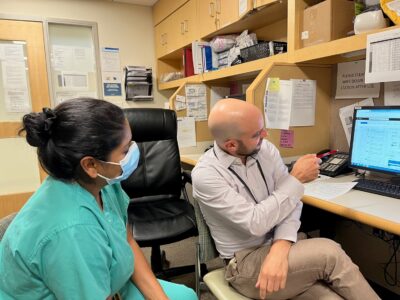 Clinical Schedule: Fellows will spend 2 years completing their Allergy and Immunology training. Trainees with a strong commitment to research can also elect to spend a 3rd year exclusively dedicated to research. Continuity clinics at BMC include a 2-year experience in Adult Allergy Clinics including procedures and a 1-year rotation in Pediatric Allergy Immunology and Respiratory Clinics. During the first year, trainees also attend a weekly ½ day Allergy Clinic at the Veterans Affairs Medical Center (VAMC). Inpatient consultations are performed in Adult and Pediatric Allergy & Immunology throughout clinical training, concentrated in the first year. On average, this leaves 2.5 days a week for research and/or independent scholarly activity in the first 2 years, with that time more concentrated in the second year. As part of a reciprocal collaboration with the Brigham and Women’s Allergy/Immunology Fellowship Program, second year fellows will have the opportunity to rotate through several highly specialized clinics, focused on caring for patients with AERD, complex drug allergy, mastocytosis, and food allergy including OIT, amongst others. (First year BWH fellows spend time at BMC getting exposure to our patient population in both Pediatric and Adult A/I clinics.)
Clinical Schedule: Fellows will spend 2 years completing their Allergy and Immunology training. Trainees with a strong commitment to research can also elect to spend a 3rd year exclusively dedicated to research. Continuity clinics at BMC include a 2-year experience in Adult Allergy Clinics including procedures and a 1-year rotation in Pediatric Allergy Immunology and Respiratory Clinics. During the first year, trainees also attend a weekly ½ day Allergy Clinic at the Veterans Affairs Medical Center (VAMC). Inpatient consultations are performed in Adult and Pediatric Allergy & Immunology throughout clinical training, concentrated in the first year. On average, this leaves 2.5 days a week for research and/or independent scholarly activity in the first 2 years, with that time more concentrated in the second year. As part of a reciprocal collaboration with the Brigham and Women’s Allergy/Immunology Fellowship Program, second year fellows will have the opportunity to rotate through several highly specialized clinics, focused on caring for patients with AERD, complex drug allergy, mastocytosis, and food allergy including OIT, amongst others. (First year BWH fellows spend time at BMC getting exposure to our patient population in both Pediatric and Adult A/I clinics.)
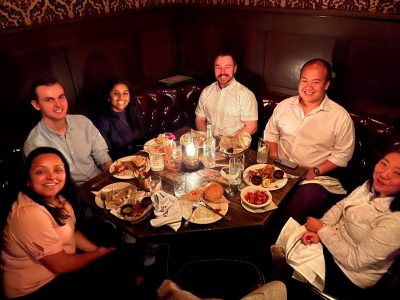 At the outset of the first year, fellows will attend a city-wide fellows’ Core Curriculum on basic and clinical aspects of Allergy and Immunology. This is an opportunity for immersion to various topics in Allergy and Immunology and networking with fellows in other Boston Allergy and Immunology programs. Mid-way through the first year, with the help of the core faculty and an adviser, fellows meet with faculty in the Section of Pulmonary, Allergy, Sleep & Critical Care Medicine to devise a research project. With the evolving ACGME focus on fellowship training in Quality Improvement (QI) and Patient Safety (PS), trainees will leverage the ample resources at BMC to initiate and execute a feasible, well circumscribed QI/PS project.
At the outset of the first year, fellows will attend a city-wide fellows’ Core Curriculum on basic and clinical aspects of Allergy and Immunology. This is an opportunity for immersion to various topics in Allergy and Immunology and networking with fellows in other Boston Allergy and Immunology programs. Mid-way through the first year, with the help of the core faculty and an adviser, fellows meet with faculty in the Section of Pulmonary, Allergy, Sleep & Critical Care Medicine to devise a research project. With the evolving ACGME focus on fellowship training in Quality Improvement (QI) and Patient Safety (PS), trainees will leverage the ample resources at BMC to initiate and execute a feasible, well circumscribed QI/PS project.
Upon completion of the fellowship program, trainees will be extraordinarily well-prepared to enter the job market in academic medicine, whether as a researcher or clinician educator.
Clinical Allergy Faculty:
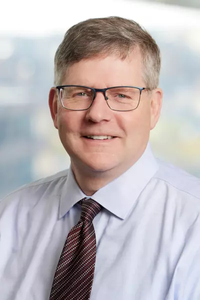 |
Frederic F. Little, MD
Clinical Associate Professor of Medicine, Boston University Chobanian & Avedisian School of Medicine Program Director, Fellowship in Allergy and Immunology |
 |
Quindelyn Cook, MD
Assistant Professor of Pediatrics, Boston University Chobanian & Avedisian School of Medicine Associate Program Director, Fellowship in Allergy and Immunology Associate Program Director, Boston Combined Residency Program in Pediatrics (BRCP – Boston Medical Center/Boston Children’s Hospital) |
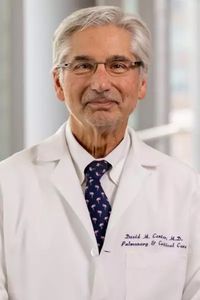 |
David M. Center, MD
Ruth and Gordon Snider Professor of Medicine, Boston University Chobanian & Avedisian School of Medicine Section Chief, Pulmonary, Allergy, Sleep & Critical Care Medicine Associate Provost of Translational Research, Clinical & Translational Science Institute |
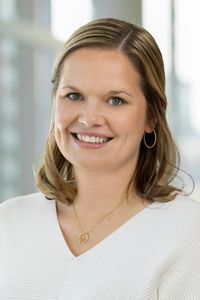 |
Karissa Brazauskas, MD
Assistant Professor of Pediatrics Director, Pediatric Pulmonary and Allergy Division |
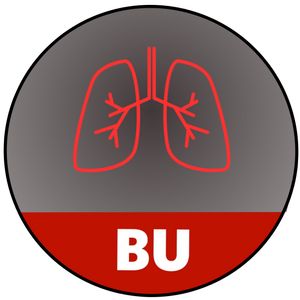 |
John Bernardo, MD
Professor of Medicine, Boston University Chobanian & Avedisian School of Medicine Medical Officer, Tuberculosis Prevention and Control, Massachusetts Department of Public Health |
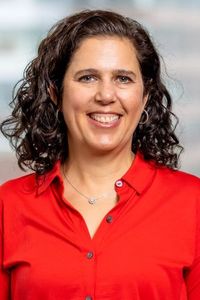 |
Robyn T. Cohen, MD, MPH Associate Professor of Pediatrics, Boston University Chobanian & Avedisian School of MedicineDirector, Pediatric Pulmonary & Allergy Clinic Associate Medical Director of Asthma Initiatives, Population Health Services, Boston Medical Center Health System |
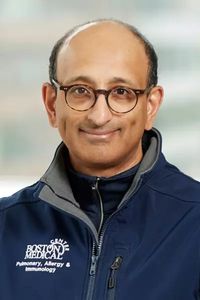 |
Praveen Govender, MBBCh
Assistant Professor of Medicine, Boston University Chobanian & Avedisian School of Medicine Director, Sarcoidosis Center, Boston Medical Center |
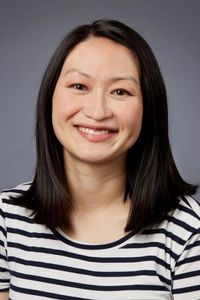 |
Christina Lam, MD
Assistant Professor of Dermatology, Boston University Chobanian & Avedisian School of Medicine Chair ad interim, Department of Dermatology
|
 |
Margaret Lee, MD, PhD
Assistant Professor of Dermatology, Boston University Chobanian & Avedisian School of Medicine Director, Pediatric Dermatology |
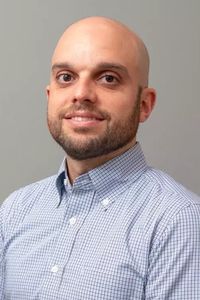 |
Paul J. Maglione, MD, PhD
Assistant Professor of Medicine, Boston University Chobanian & Avedisian School of Medicine |
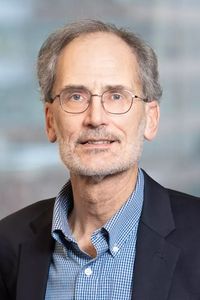 |
George T. O’Connor, MD, MS
Professor of Medicine, Boston University Chobanian & Avedisian School of Medicine Interim Section Chief, Preventive Medicine & Epidemiology Director, Clinical Research Resources Programs Clinical Research, Clinical & Translational Science Institute Interim Co-Director, Framingham Heart Study |
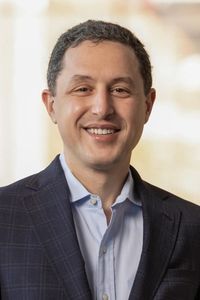 |
Michael P. Platt, MD, MSc Associate Professor of Otolaryngology-Head & Neck Surgery, Boston University Chobanian & Avedisian School of MedicineProgram Director, Otolaryngology-Head and Neck Surgery Residency Program |
 |
David E. Sloane, MD
Instructor in Medicine, Harvard Medical School |